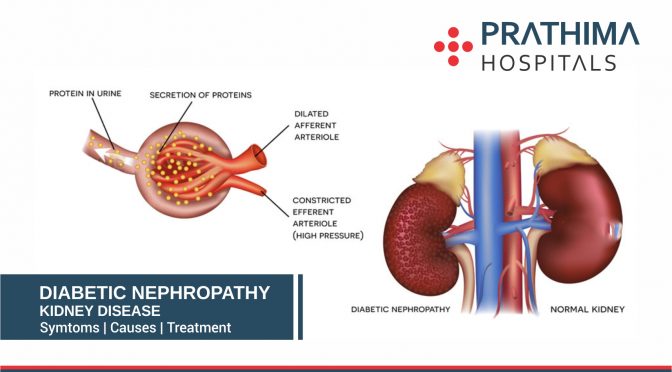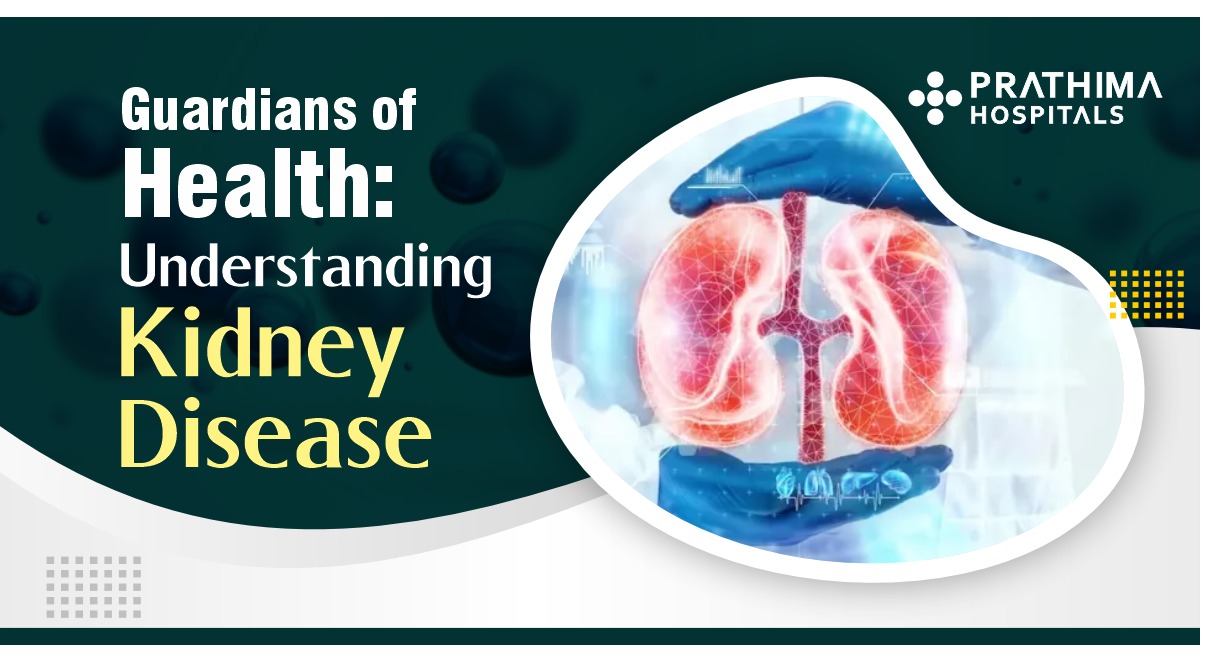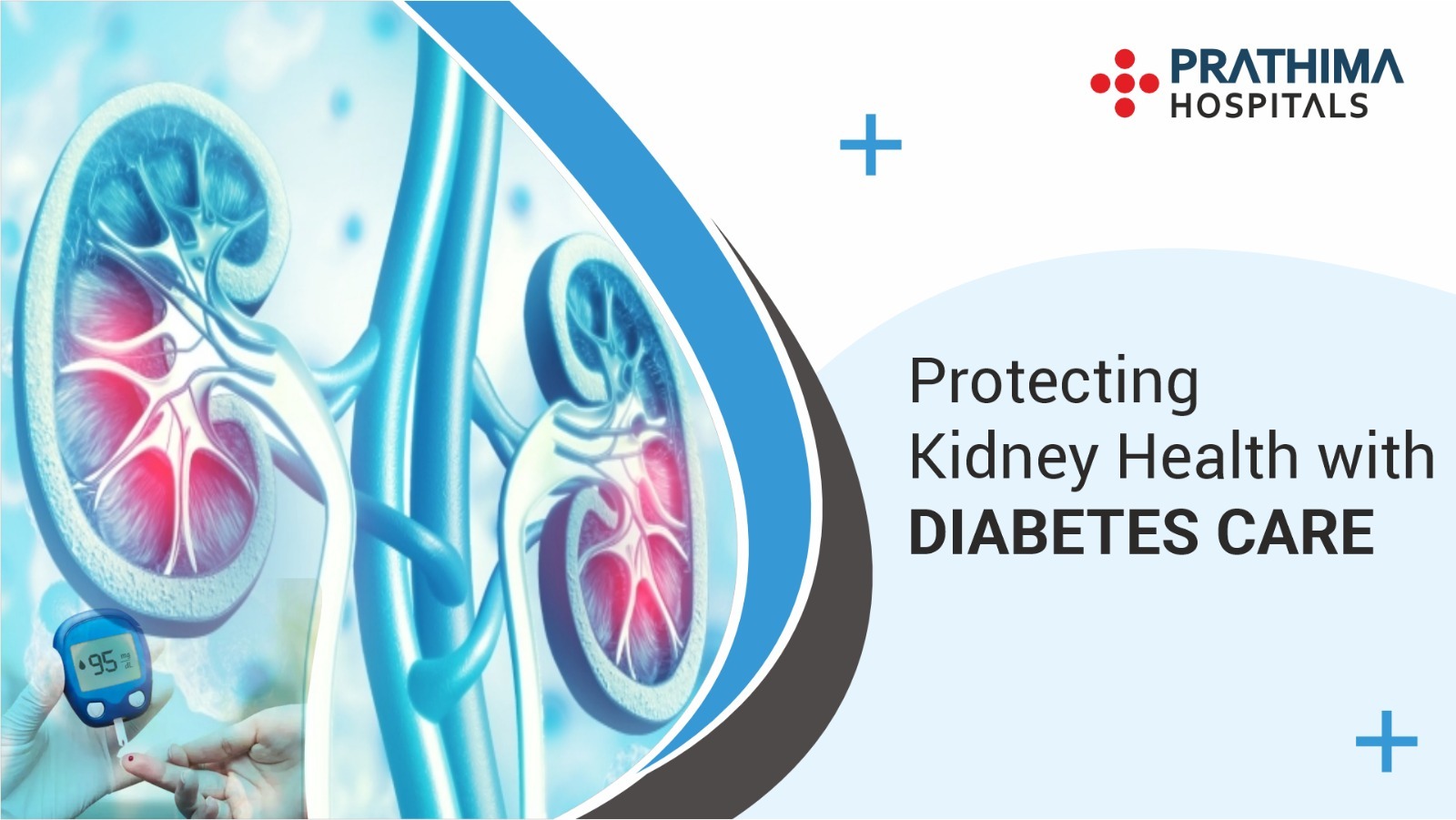Diabetic Kidney Disease (DKD) Symptoms, Diagnosis and Treatment

Diabetic Kidney Disease (DKD) is a complication that occurs in some people with diabetes. In this condition, the filters of the kidneys, the glomeruli become damaged. Because of this the kidneys ‘leak’ abnormal amounts of protein from the blood into the urine. A raised level of albumen in the urine is the typical first sign that the kidneys have become damaged by diabetes.ney disease
MICROALBUMINURIA:
Where the amount of albumin that leaks into the urine is between 30 and 300 mg per day is usually the first sign that DKD has developed. Urologist in Kukatpally.
Proteinuria:
Where the amount of albumin that leaks into the urine is between is more than 300 mg per day.
WHAT ARE THE SYMPTOMS OF DIABETIC KIDNEY DISEASE :
The symptoms at first hand to be vague and non-specific, such as feeling tired, having less energy than usual and not feeling well. With more severe kidney disease, symptoms include: Difficulty thinking clearly, a poor appetite, weight loss, Dry Itchy Skin, Muscle cramps, swollen feet and puffiness around eyes, being pale due to anaemia. Urologist in Kachiguda.
HOW IS DKD DIAGNOSED:
1. the standard routine urine test is to compare the amount of albumin with the amount of creatinine in a urine sample. This is called the albumin; Creatinine ratio (ACR).
2) A blood test measures the level of Creatinine. If your kidneys are not working properly, the level of creatinine in the blood goes up.
WHAT INCREASES THE RISK OF DEVELOPING DKD:
1) Poor Control of blood sugar level.
2) The length of time you have had diabetes.
3) The more weight you become.
4) Having high BP.
WHAT ARE THE POSSIBLE COMPLICATIONS:
1) END STAGE KIDNEY FAILURE; If this occurs you need dialysis or a kidney transplant
2) CARDIOVASCULAR DISEASES
3) HIGH BP.
WHAT IS THE TREATMENT FOR DKD:
1) Good control of your blood sugar and BP
2) You should not take painkillers unless advised by a Doctor.
3) Stop smoking
4) ACEI & ARB
5) Eat a healthy diet.
6) Take regular physical activity
7) Medicine to lower your cholesterol level.





